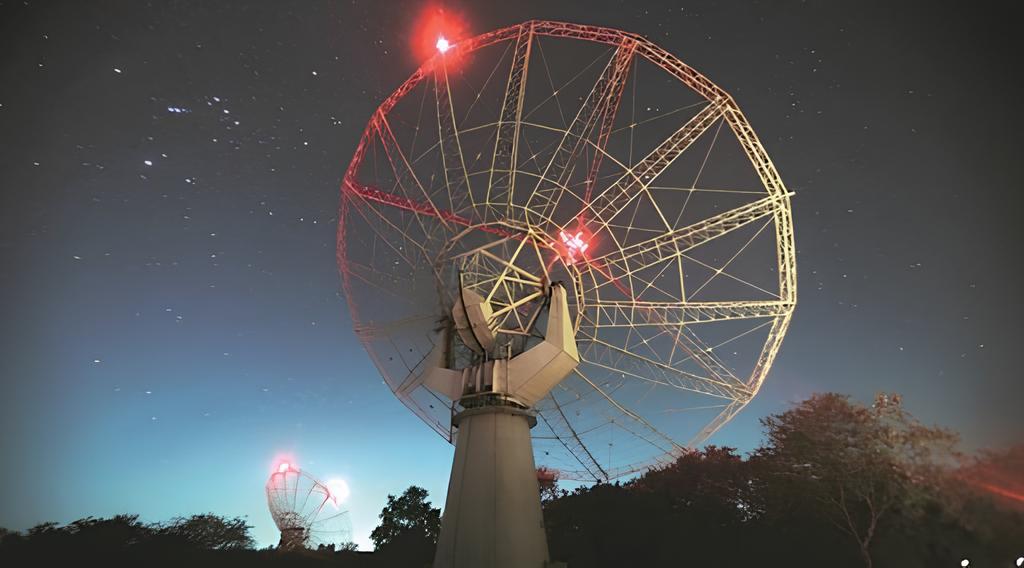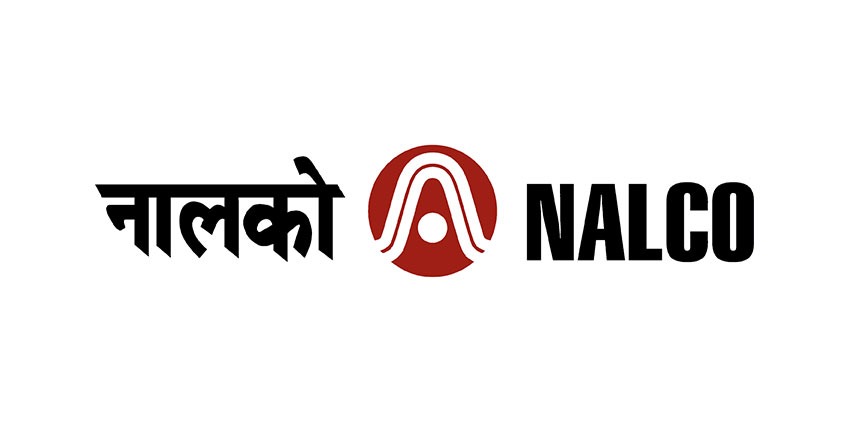Pune’s GMRT becomes first Indian facility to detect gravitational waves
- BySharath
- 05 Jan, 2025
- 0 Comments
- 2

Pune's Giant Metrewave Radio Telescope (GMRT), operated by the National Centre for Radio Astrophysics (NCRA), has become the first Indian facility to detect nano-hertz gravitational waves. This milestone contributes to global efforts in studying spacetime ripples, validating predictions made by Einstein's General Theory of Relativity.
GMRT was one of six leading radio telescopes involved in this discovery, analyzing pulsar signals to detect subtle distortions caused by gravitational waves. Pulsars, often termed 'cosmic clocks,' emit highly regular radio signals, making them ideal for detecting anomalies induced by gravitational waves. These waves, originating from massive black hole mergers, create oscillations that span years, forming a low-frequency hum across the universe.
The international team, including India’s Pulsar Timing Array (InPTA), observed these signals over 15 years, leveraging data from telescopes like uGMRT, Westerbork, Effelsberg, Lovell, Nançay, and Sardinia. GMRT’s advanced technology, especially its wideband receivers, was crucial in capturing high-quality data.
Gravitational waves subtly alter pulsar signals' timing, and their detection required ultra-sensitive instruments and long-term observations. Unlike Laser Interferometer Gravitational Observatory (LIGO), which captures short bursts of gravitational waves, pulsar timing arrays sense continuous low-frequency vibrations, providing complementary insights.
The discovery highlights India’s contribution to cutting-edge science and strengthens its position in international collaborations. Scientists anticipate further exploration into black hole interactions and galaxy mergers, enhancing our understanding of cosmic evolution. GMRT’s role underscores India’s ability to host world-class scientific infrastructure, paving the way for future breakthroughs in astrophysics.
Post a comment
To Wi-Fi or Not to Wi-Fi on a Plane? The...
- 04 Jan, 2025
- 5
When Technology Meets the Art of Perfect Flatbreads
- 03 Feb, 2025
- 2
Is India wasting billions on UPI and Aadhaar? Sabeer Bhatia...
- 09 Feb, 2025
- 2
Rupee's Sudden Fall Sparks Alarm-What's Next for India's Currency?
- 25 Apr, 2025
- 2
Stock of the day: Nationalum
- 21 Feb, 2025
- 2
Categories
Recent News
Daily Newsletter
Get all the top stories from Blogs to keep track.

















